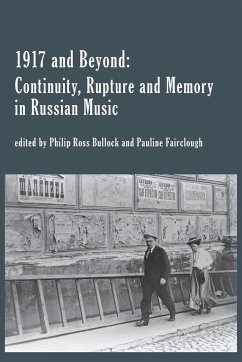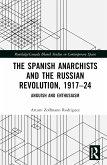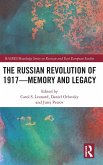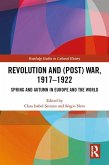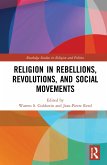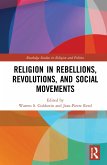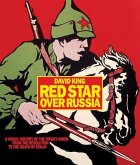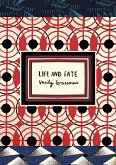Long before the commemoration of the 100th anniversary of the Russian Revolution in 2017, scholars of Russia and the Soviet Union had questioned the notion that 1917 might constitute some kind of single, decisive rupture, whether in historiography or history itself. In particular, historians have come to see the October Revolution as an expression of Russia's broader experience of modernity, revealing continuities between Imperial Russia and what was to become the Soviet Union, disputing narratives of exceptionalism, and proposing affinities with models of social development arguably more characteristic of Western European countries. Taking inspiration from a body of scholarship which has problematized the question of how the aesthetic values of the 1920s gave way to what became Socialist Realism, as well as work which has challenged an entrenched divide between the Victorian era and modernism in English literary studies, this collection ranges widely over genres - opera, symphonic music, song - combines complementary methodological approaches - reception studies, cultural memory, librettology, intellectual history - and invokes not only the October Revolution, but other widely cited turning points in Russian history - romanticism into realism, cultural revolution, the Great Patriotic War, perestroika and the post-Soviet landscape, to suggest significant continuities.
Hinweis: Dieser Artikel kann nur an eine deutsche Lieferadresse ausgeliefert werden.
Hinweis: Dieser Artikel kann nur an eine deutsche Lieferadresse ausgeliefert werden.

